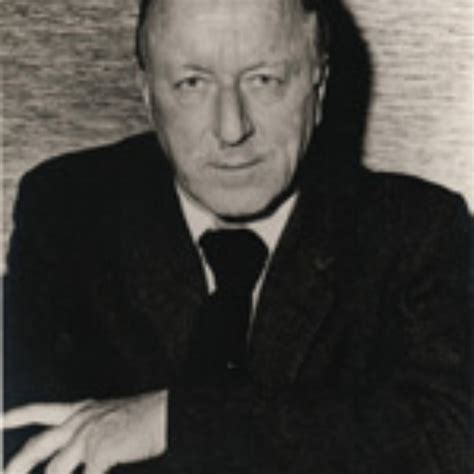A Quote by Aaron Sorkin
The rules are all in a sixty-four-page pamphlet by Aristotle called 'Poetics.' It was written almost three thousand years ago, but I promise you, if something is wrong with what you're writing, you've probably broken one of Aristotle's rules.
Related Quotes
Through Plato, Aristotle came to believe in God; but Plato never attempted to prove His reality. Aristotle had to do so. Plato contemplated Him; Aristotle produced arguments to demonstrate Him. Plato never defined Him; but Aristotle thought God through logically, and concluded with entire satisfaction to himself that He was the Unmoved Mover.
My business in the beginning was very lawless and the more trouble I go into, the more the promoters liked me back then. I was on the front page for doing something wrong, the arena was full. Then, all of a sudden, everything changed somehow and they put rules in. You put rules in a gunfight? I'm not so good at following those rules. I don't' know what will happen at WrestleMania.
What libraries give you is all three tenses - the past tense - the present tense in which we live and the future that we can only imagine. These places have teachers who are living and dead and we are lucky to have them. If I sit here and read Aristotle, he is speaking to me across a thousand years - more than a thousand years. That sense that I am in the company of the great greatest people who ever lived is a humbling experience but a liberating experience.
The unwritten rules of behaviour are infinite in number, finely shaded, and subtle to the last fraction of a degree. They are not to be broken. If broken, the rules of forgiveness leading to re-establishment are equally of air and iron. I learn these rules with rather less ease than my contemporaries because, in the back streets of my being, a duel is developing and increasing in fervour between my instinct which knows why something is so, and my hen-pecking intelligence which wishes to analyse why something is so.
It would just be a pamphlet. Three pages. The first page would be Drugs I Have Taken and then a list. The next page would be People I Have Slept With and then another list. Then the last page would be Famous People I Have Partied With and then another list. Because that's all people write in their autobiographies. Cut out all the bullshit and it's just a three-page pamphlet.




































